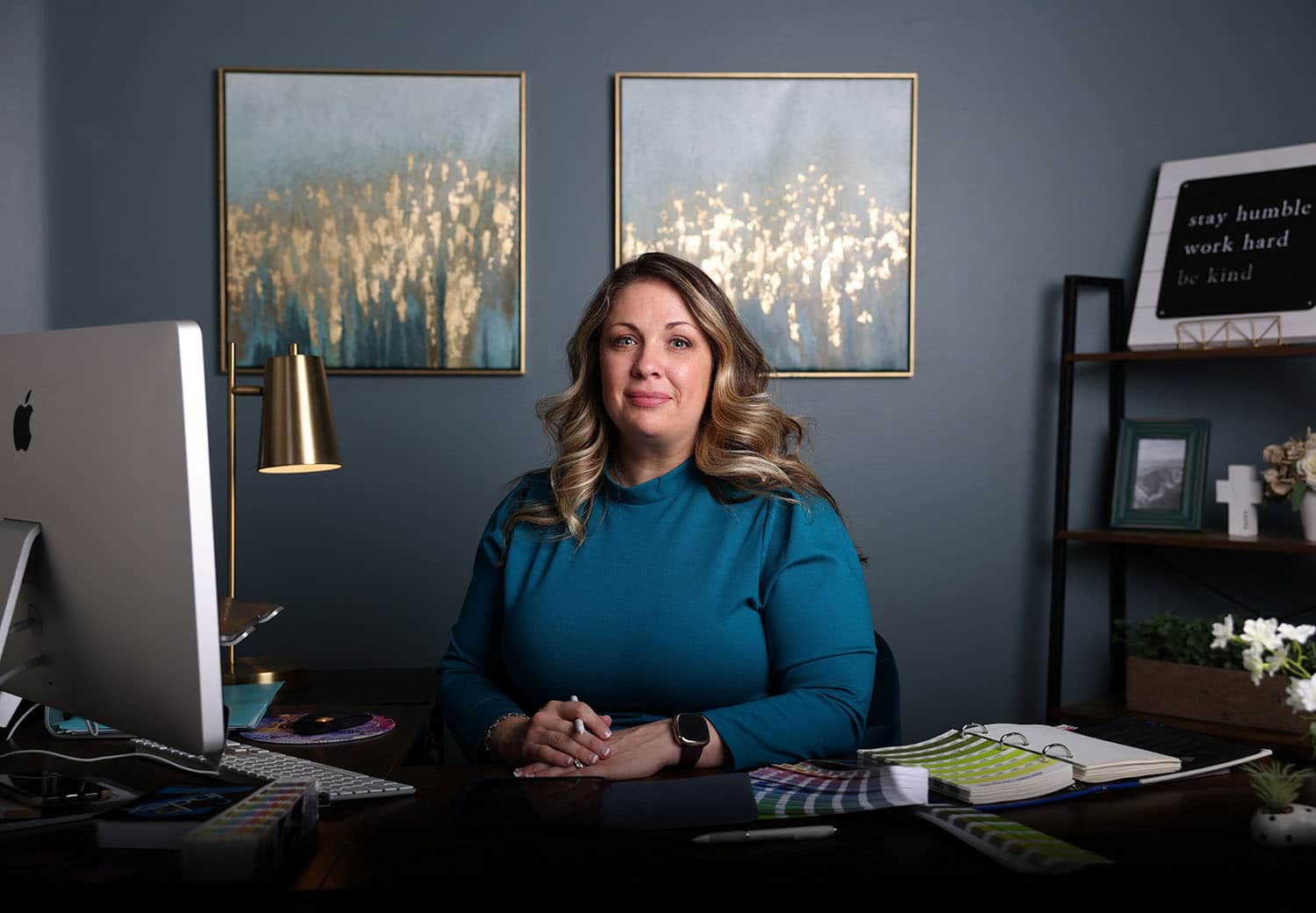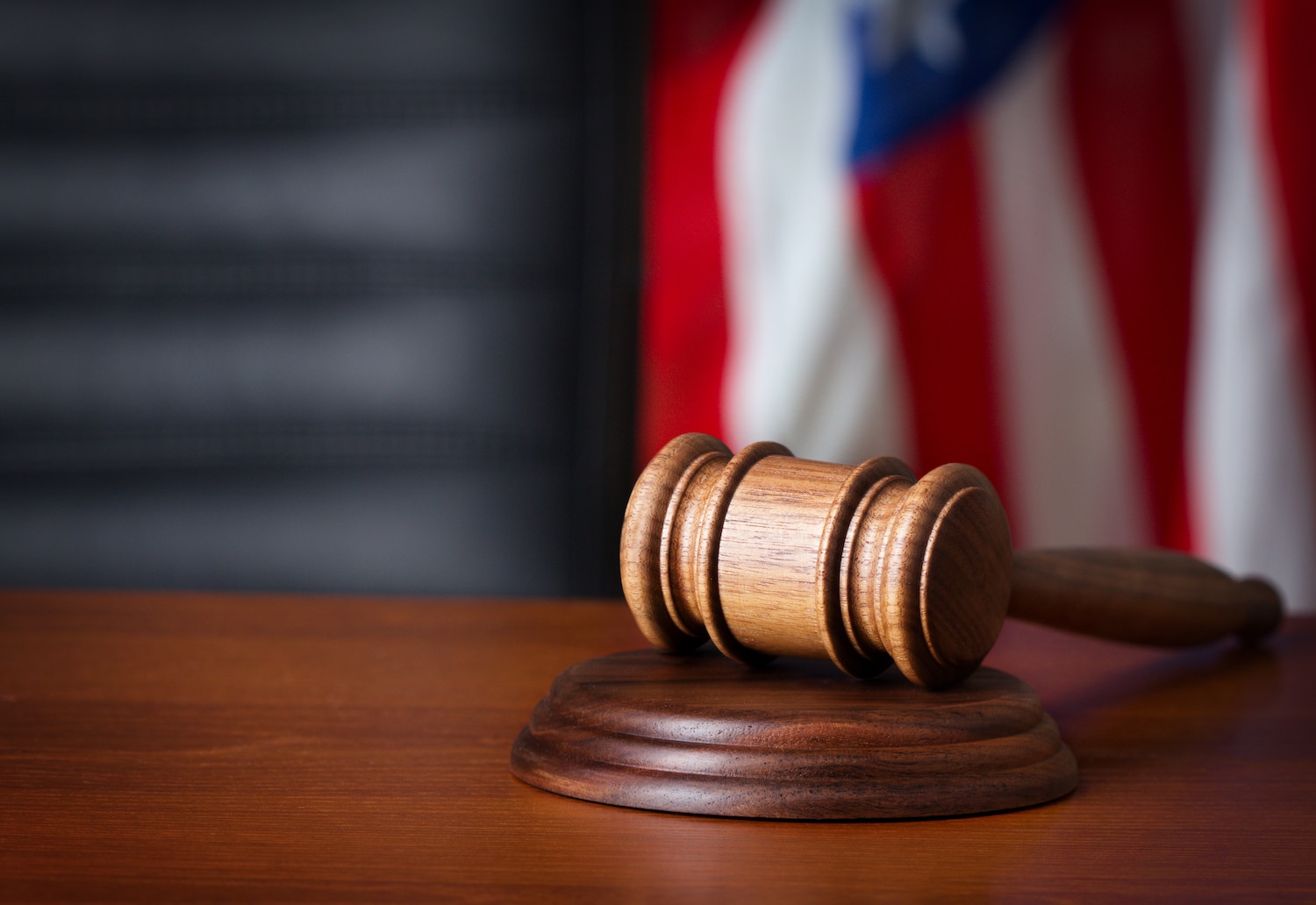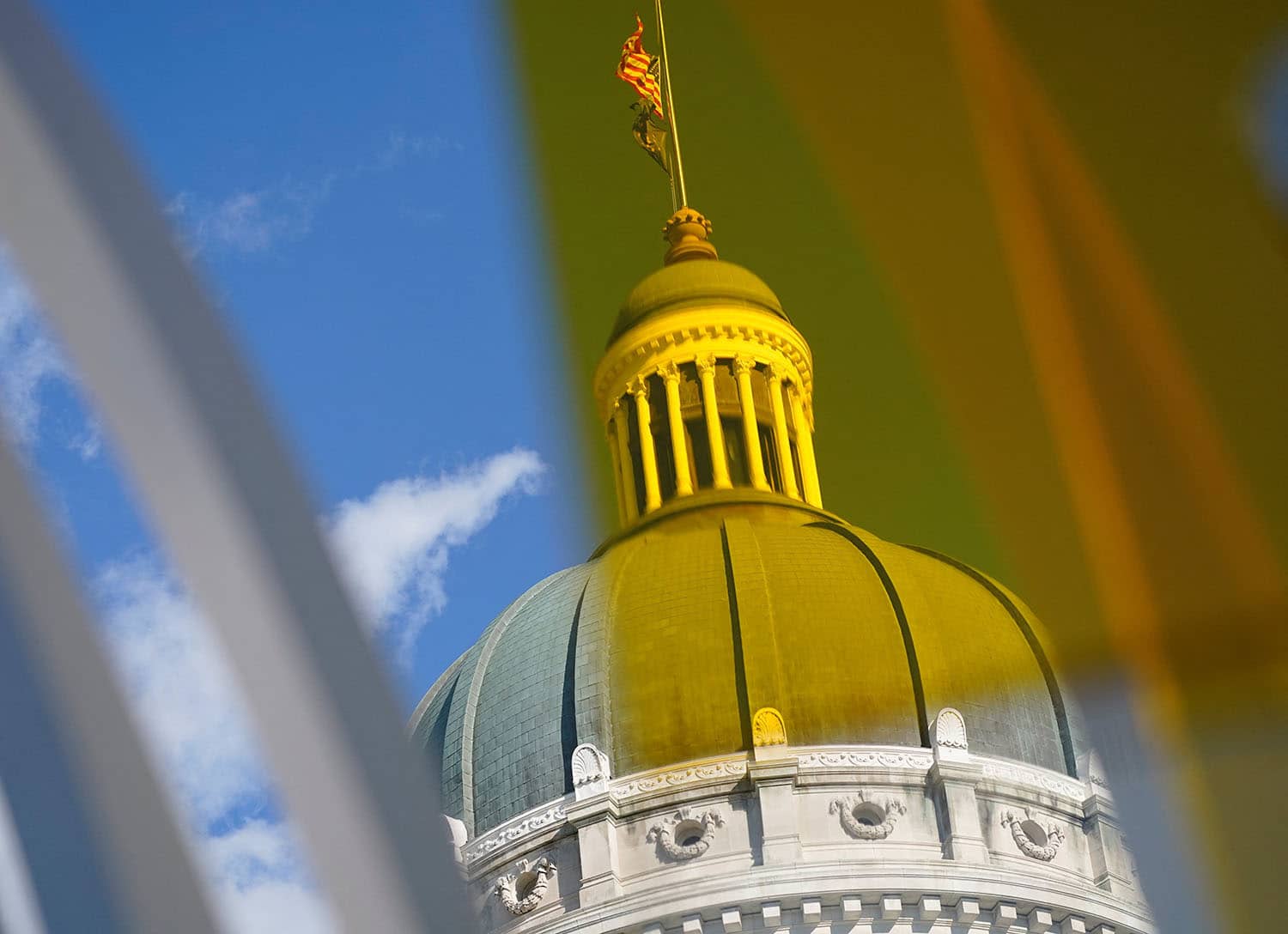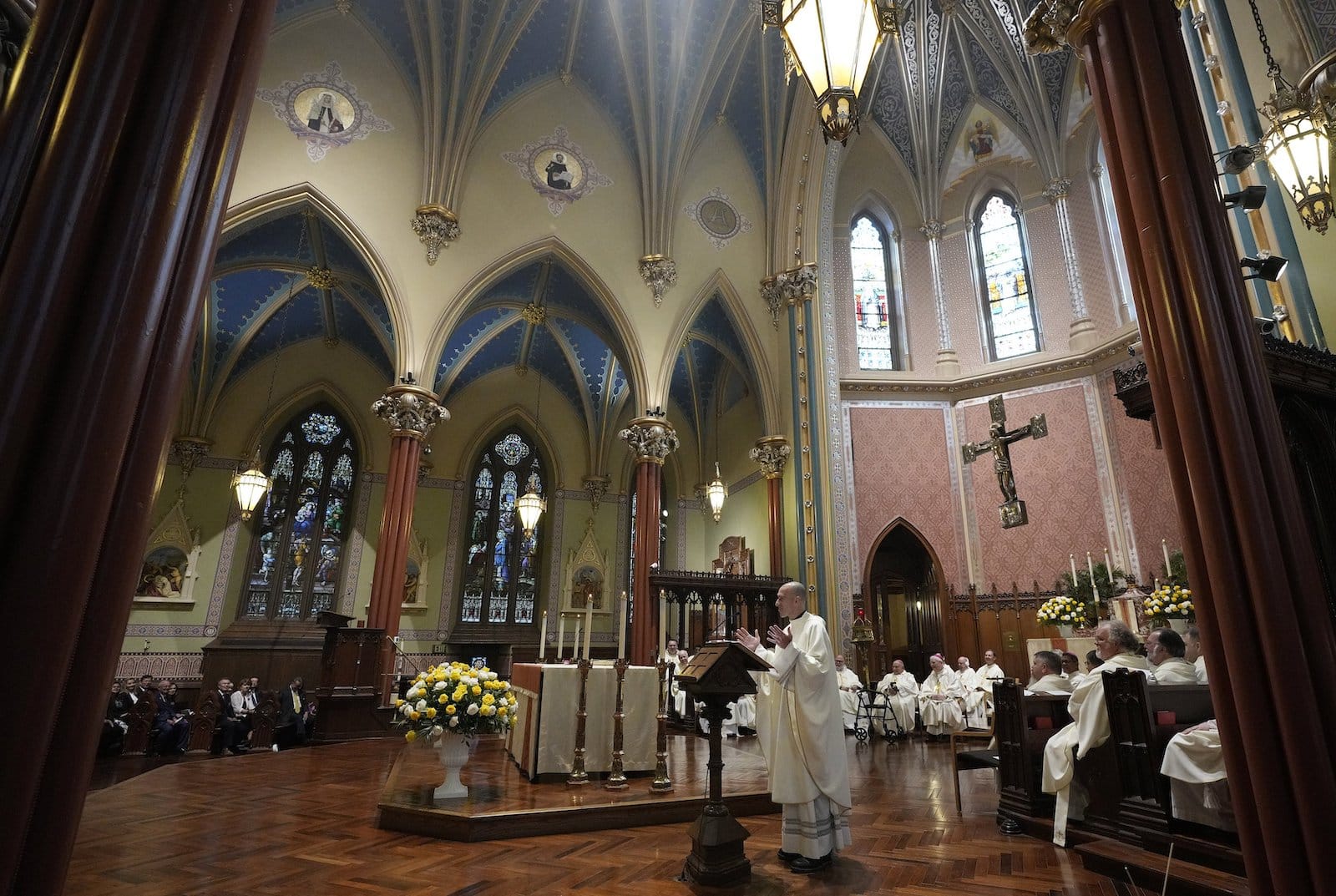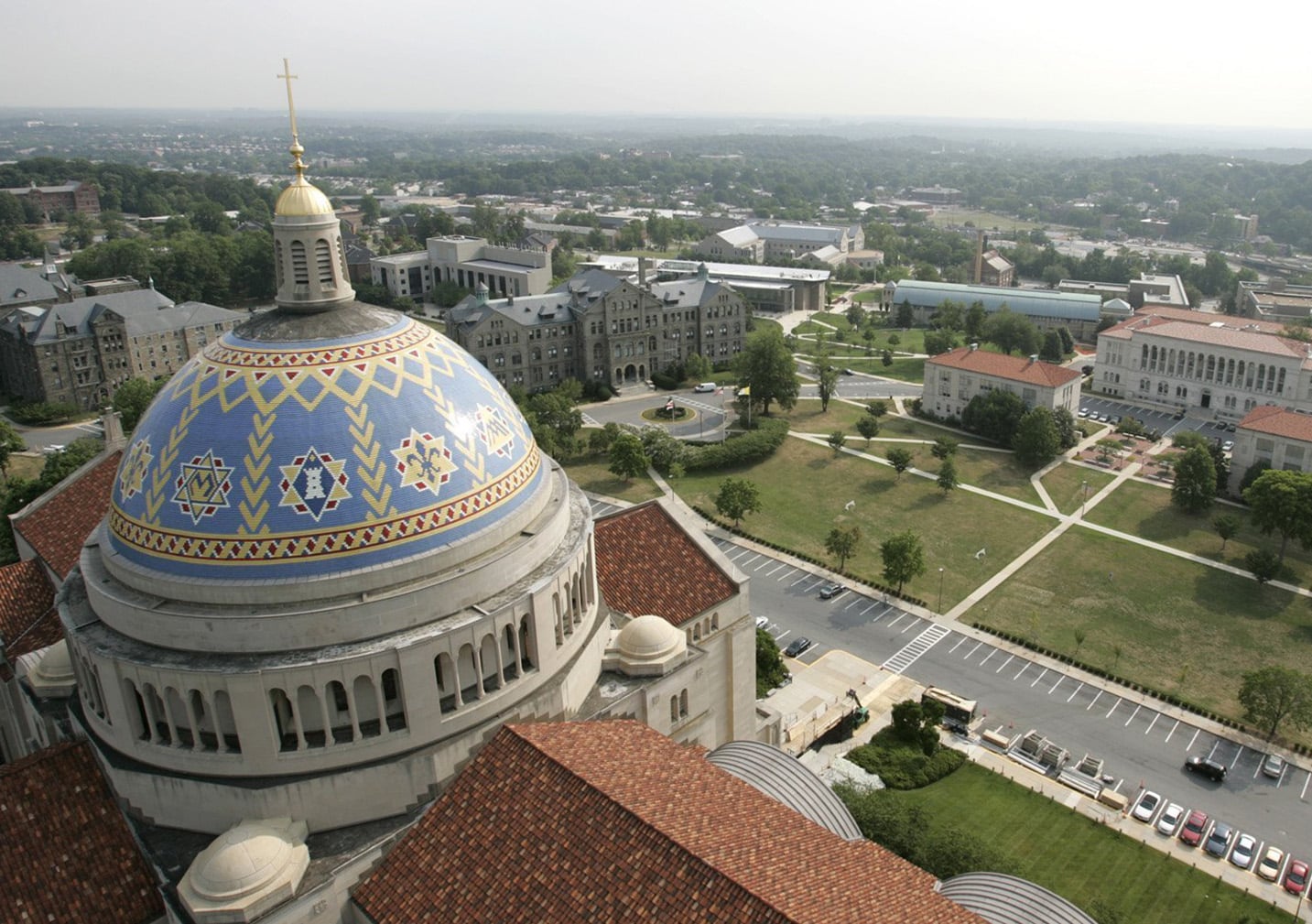In a landmark decision Friday, the U.S. Supreme Court ruled in favor of a Colorado graphic designer who had challenged the state’s anti-discrimination law regarding her refusal to create wedding websites for same-sex marriages. The court’s decision raised the issue of balancing LGBTQ nondiscrimination with First Amendment freedoms.
The court’s 6-3 decision overturned the anti-discrimination law that prohibited businesses from denying service based on a customer’s sexual orientation. Justice Neil Gorsuch authored the majority opinion, emphasizing the importance of individual freedom of speech and conscience. Gorsuch stated, “Colorado seeks to force an individual to speak in ways that align with its views but defy her conscience about a matter of major significance.” He emphasized that tolerance, not coercion, should be the guiding principle, and the First Amendment protects the right to think and speak freely.
“The First Amendment envisions the United States as a rich and complex place where all persons are free to think and speak as they wish, not as the government demands,” Gorsuch wrote, joined by Chief Justice John Roberts and Justices Clarence Thomas, Samuel Alito Jr., Brett Kavanaugh and Amy Coney Barrett. “Colorado seeks to deny that promise.”
The graphic designer who sued Colorado, Lorie Smith, argued that the anti-discrimination law infringed upon her First Amendment rights by compelling her to promote messages that conflicted with her deeply held religious beliefs. The case, 303 Creative LLC v. Elenis, garnered national attention as it presented a clash between the right to free speech under the First Amendment and the goal of nondiscrimination in the LGBTQ community.
The Colorado Anti-Discrimination Act (CADA) aims to prevent businesses from denying services based on a person’s identity. Supporters of CADA argue that it is necessary to prevent discrimination. However, the Supreme Court held that the First Amendment prohibits the state of Colorado from forcing a website designer to create expressive designs that convey messages contradicting their beliefs.
Gorsuch’s opinion noted the potential consequences faced by individuals like Lorie Smith. He wrote, “If she wishes to speak, she must either speak as the state demands or face sanctions for expressing her own beliefs, sanctions that may include compulsory participation in remedial training, filing periodic compliance reports … and paying monetary fines.”
Justice Sonia Sotomayor dissented, joined by Justices Elena Kagan and Ketanji Brown Jackson. Sotomayor expressed concern about the court granting a business the right to refuse serving members of a protected class, asserting that it was a first in the court’s history.
The distinction between different types of speech was also brought into consideration. While governments may compel certain types of speech, such as warning labels on products, the court has historically applied different standards to commercial, artistic, religious, and political speech. Lorie Smith argued that her website designs constituted artistic speech and that the Colorado law compelled her to create speech that violated her religious rights. She likened the situation to compelling a Democrat to write campaign literature for a Republican candidate or a Jewish artist to create a website promoting Nazi propaganda.
During oral arguments, the justices demonstrated a sharp divide in their questioning of the litigants’ attorneys. Sotomayor and Brown Jackson focused on the service provided rather than the message conveyed. Colorado’s attorney attempted to shift the case toward serving same-sex attracted individuals rather than the artistic expression of moral beliefs regarding same-sex marriage. The majority of the court appeared unsympathetic to Colorado’s arguments.
The facts of 303 Creative are somewhat like the case of Masterpiece Cakeshop v. Colorado Civil Rights Commission, from the court’s 2017 term. In Masterpiece Cakeshop, wedding cake artist Jack Phillips was sued by a same-sex couple for Phillips’ refusal to create a cake for the couple’s “wedding,” on the same grounds that Lorie Smith will not create such a website. Phillips won his case at the Supreme Court, but on such narrow and specific grounds that it had little precedential value for Smith’s case.
Ahead of the oral arguments in the case, the U.S. Conference of Catholic Bishops joined other religious organizations across the country in asking that the Supreme Court clearly rule against compelling spelling speech that violates First Amendment rights. “Overall, this Supreme Court decision highlights the tension between reaching a truce on hotly debated issues of public concern can be challenging, but it should never come at the cost of forsaking such a fundamental value as free speech. This Court’s history has shown that the First Amendment’s compelled speech doctrine is particularly well suited to the challenge. The court should do here what it has so often done in the past: apply the Free Speech Clause to protect religious speech, thereby strengthening liberty not just for the religious but for all society.”
With the recent decision, it’s clear that a majority of the justices agreed.

